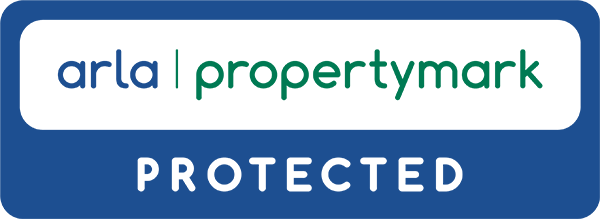Changes to the Private Rented Sector in 2022
As a landlord, it's important to stay up-to-date on the latest changes in laws and regulations that could affect your business. From right to rent checks to updated tax filing deadlines, the UK government has revised various rules and guidelines that all landlords should be aware of.
The team at Lettings ONE are tracking some of the latest developments in the laws and regulations affecting the property market, including updates that have a direct impact on all landlords. Here we provide a rundown of the nine key issues facing landlords in 2022:
1. Temporary Right to Rent checks have ended
The government's plan is to require everyone to use the online system for Right to Rent checks once the temporary rules expire.
2. Extending the rules in England for carbon monoxide and smoke detectors
As of October 1st June 2022, all landlords of private and social rented homes will be required to have a carbon monoxide detector installed in each room with a fixed combustion appliance. In addition, smoke alarms will be mandatory in all social rented homes.
3. Expected revisions to rental energy efficiency rules
Although the government has not yet made a formal announcement on this issue, it’s expected sometime this year that it will lay out some planned changes to energy efficiency rating requirements for landlord-owned properties. The current minimum rating for tenancies is E but this is expected to be raised to C for new tenancies starting in April 2026, and then any existing tenancies are expected to have to also meet the C rating by April 2028. These changes will impact a landlord's bottom line, as energy efficient homes cost less to heat and cool.
4. Debate likely over reform legislation for renters
The government is planning to introduce a bill that would get rid of a section of the 1998 Housing Act that allows landlords to evict tenants without giving a reason. This change could eventually result in the creation of a court specifically for dealing with these types of cases, which could potentially reduce the costs and burdens for landlords who need to evict a tenant. The current estimated length of the eviction process according to Rightmove is 16 months, and could cost the landlord up to £1500.00
5. Rule changes that might help pet-owning tenants
The legislation pending in parliament is designed to make it easier for tenants with pets to qualify for renting properties. If enacted, it would require that a landlord offer a reasonable explanation for rejecting a prospective tenant on the basis that they have pets. That means the default expectation is that tenants with pets should be accepted but for any extenuating circumstances, which might be a setback for landlords after the Tenant Fees Act restricted the amount of deposit one could collect from the tenant.
6. Revisions for landlords to report Capital Gains Tax
As a landlord, if you sell your property you may be subject to Capital Gains Tax. The deadline for filing your tax bill has recently been extended from 30 days to 60 days. These changes took effect in October of last year, but many landlords are unaware of the change.
7. Keep an eye on whether interest rates will rise
Inflation is on the rise in both the UK and abroad, which in turn affects the entire property market - from house prices to monthly mortgage repayments. If you're a landlord, it's crucial that you stay up-to-date with the latest interest rate developments and predictions, as an increase could put a strain on your finances.
8. Buying a new property might have to be “green”
As a landlord, if you're looking to buy a property to rent out in 2022, be aware that some banks may require that the property meet a C energy efficiency rating, even though the current government mandate is an E rating. This is because some banks have made environmental protection a core value in the mortgages they offer for landlords. So if you'll need to obtain a mortgage for your purchase, keep this in mind when considering properties.
9. Potential update to policies on short-term lets
The government is considering updating its policies on short-term lets, which are typically properties that have tenants for six months or less, and often just a few days or weeks. Some of the options that are said to be under discussion for rule changes include increasing the rates of council tax for short-term rentals, and also assessing whether there is a need to create a mandatory registry for English holiday property rentals.
If you have any questions about the changes to the private rented sector and how they may affect you, please contact us on 0161 511 5339 or complete our contact form.





